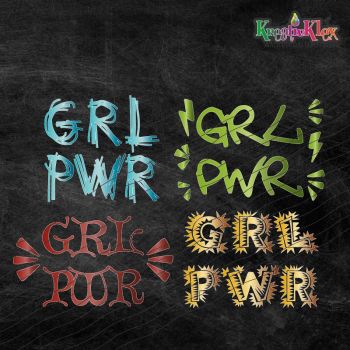
He said ‘I’ll burn your face because you’re so beautiful’. I would say I don’t want to live with him, but they didn’t support me. I want to complete my education, I want to get a job, I want to stand on my own two feet. After the child, I told him I want to study. I couldn’t connect with him on an intellectual level. The kind of torture he has inflicted on me, you can’t even imagine. Otherwise I wouldn’t have spent even one month with him. How I spent a year and a half with him, only I know. I never accepted him as my husband in my heart or mind. What would I say, that I am already married? Why would I say it? What do you think will happen in a forced marriage? With an uneducated man, an animal. I was not happy and never accepted him as my husband. It was my wish since I was a child to become something, to be able to stand on my own two feet, to do something for myself.īut then they married me off when I was 17, 18. I said, ‘No, I don’t want to spend my life this way’. "I never accepted him as my husband in my heart or mind," says Qandeel of her husband. The abuse I have been through… It happens in places like this, in small villages, in Baloch families. I was 17 years old when my parents forced an uneducated man on me.

So many girls tell me I’m a girl power, and yes, I am. I don’t know HOW many girls have felt support through my persona. What about my self-worth? My identity? I am a social media sensation, I am a fashion icon. They’re saying that I want to marry Imran Khan but I’m already married. I’ve been dealing with the problem all day, telling everyone, attending their calls, telling the media. Qandeel Baloch: I didn’t run away from home. Read on: Images: Can you tell us how your marriage took place? What happened? In this candid interview, Qandeel tells her side of the story, touching on her marriage, how she took to social media, and why she made that music video. According to him, Qandeel hoped to have an independent life and wanted a divorce: "She said, ' mujhe apni azaad zindagi chahiye. Speaking to Dawn, a man called Ashiq Hussain claims he married Qandeel in 2008 and that the couple had a son who now lives with him.Īshiq says the marriage ended in 2009 and that, contrary to Qandeel's claims, he never physically abused her. The music video Qandeel Baloch made her debut in last week all but faded from our radars as a new controversy surfaced yesterday: that the young social media celebrity was previously married.

My own mother, working full-time yet still carrying the main burden of domestic responsibility, had a sneaking suspicion that this was not a good deal.This piece was first published in July 2016. My first experience of the workplace was “take your daughter to work day” in 1995 – a classic 90s invention – designed to encourage higher-quality work experience opportunities for girls.Īt the same time, our mothers, who had spent the 70s passionately immersed in second-wave feminism, arguing for equal career opportunities and pay, were often ambivalent about the fruits of their labour.

Girls growing up in the 90s had the luxury of taking feminism’s previous achievements for granted. White beauty norms became aligned with Kate Moss and other pale, bony models – some embodying profoundly emaciated, heroin chic – and the acceleration of unhealthy body images. On the other, it was the ultimate pornification of the female body in black hip-hop culture, in which I was – by the middle of the decade – heavily immersed. It was Missy Elliott bossing hip-hop, TLC, Destiny’s Child and the Spice Girls, by whose time I was too cool to idolise women with silly names, but who delivered glossy girl power to my eight-year-old sister. It was “position of the fortnight” in More magazine – offering teenage girls line drawings that explained sexual positions in technical detail. It was, on the one hand, all about girl power and sex positivity. The 90s, and the third-wave feminism the decade has come to be remembered for, was a contradictory experience at the time. What it was, though, was an early indication that attitudes towards gender and sexuality were changing. If a No 1 song by a boyband from Oklahoma, inappropriately riling prepubescent girls, doesn’t sound like an obvious feminist anthem, that’s because it wasn’t. Wearing leggings and an oversized, DayGlo T-shirt, I was singing Colour Me Badd. I began the 1990s doing something very specific at a disco on a highly anticipated end of primary school camp in Cornwall.


 0 kommentar(er)
0 kommentar(er)
